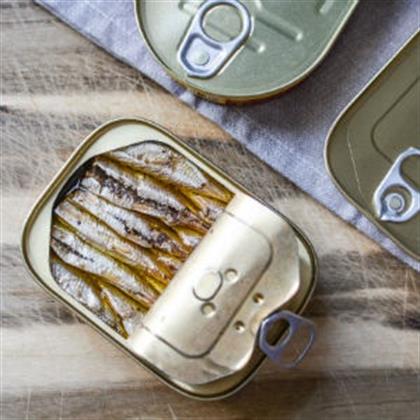The idea of a well-stocked pantry might seem like a pipe dream for the regular folk among us. The word ‘pantry’ alone evokes an image of a large country kitchen with an expansive stove, oven and sprawling countertop space. The reality, though, is that a pantry can be anything from something you walk into – complete with revolving shelves – to a dedicated, well-stocked cupboard. Stocking a proper pantry means that weeknight meals require only stocking up on the occasional fresh item instead of stopping at every shop in sight on the hunt for soy sauce.
The basics
Salt and pepper are the obvious ones, but we’re also talking Maldon sea salt and fresh black pepper. Then you’ll need plain sunflower or vegetable oil, as well as good-quality olive oil – this will cover all your bases, from sautéing onions to a simple salad dressing. You’ll also need a good vinegar – our favourites include white wine vinegar and apple cider – but this really is up to you. It should be versatile enough to use in a salad and to finish off a rich hearty stew. Other basics include simple cake ingredients like flour, castor sugar, baking powder, baking soda and cream of tartare. With these you can do anything from thickening your Sunday roast gravy to making a hearty apple crumble.
The cans
How do we love cans? Let us count the ways. There’s no end to our love for the humble, hard-working world of canned foods. A can of tomatoes alone forms the base of pasta sauces, soups and stews. Up your can game by making sure you’ve got some versatile beans or legumes on hand too. Things like chickpeas or white beans can be added to bulk up stews or blitzed into quick purees to turn toast into a fancy dinner.
The grains/pastas
A variation of pasta (such as rigatoni and spaghetti) means you can mix up your stock-standard pasta night or toss it together with fresh veggies for a dinner-appropriate pasta salad. There’s likely already rice in your cupboard, but if you can cook rice, you can also cook barley, bulgur wheat or couscous, which all make midweek dinners that bit more exciting.
The spices
You don’t need every single spice that the world is capable of producing. What you need is a clever selection of versatile, hard-working spices that can be used in a number of different cuisines. These could include cumin, coriander seeds, chilli flakes, a good curry powder, turmeric, paprika and cinnamon. Try to buy spices in the smallest quantity possible and as whole as possible, to keep them fresher for longer.
The wildcards
Nothing here is going to make or break a meal, but there are some items that take a dish to the next level. A good hot sauce, such as Tabasco or sriracha, will spice up everything from eggs and avo on toast to noodles and pizza. And while you’ve probably already got peanut butter in your arsenal, tahini is a great nutty addition to have for salad dressings and toppings. If you do a lot of Asian-style cooking, soy sauce is a no-brainer, but you might also find rice vinegar, fish sauce and hoisin to be useful ingredients.
ALSO READ: Your one-stop guide to cooking with wine

